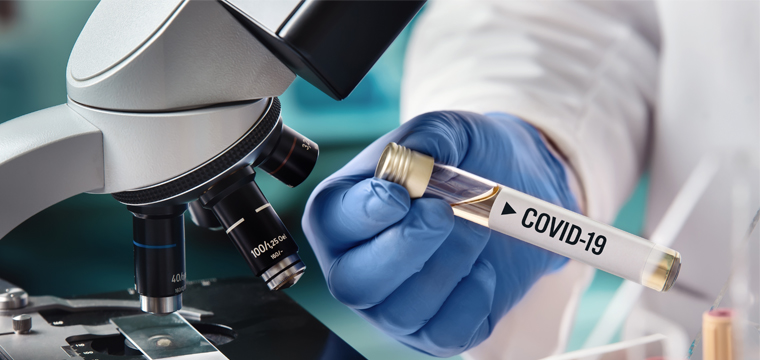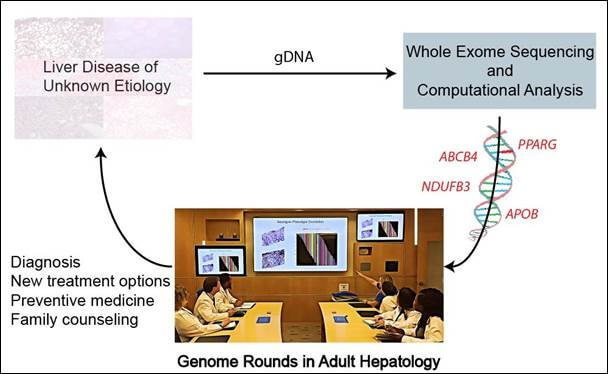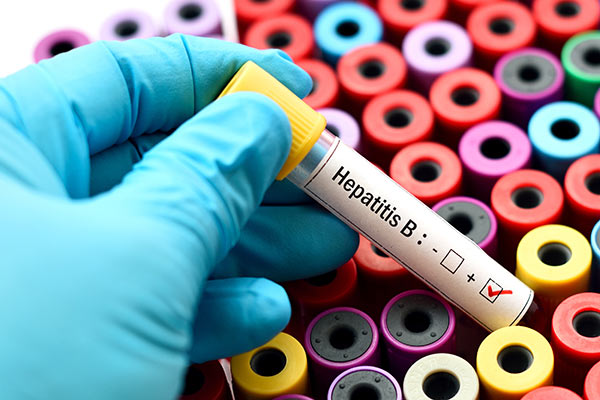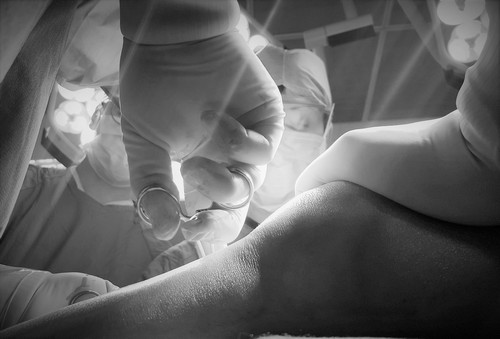High COVID-19 mortality rates among those with liver disease, study finds
A new international study has found increased mortality rates from COVID-19 among people with chronic liver disease and cirrhosis and has called for patients with worsening liver function to be tested for coronavirus. The researchers, led by teams at Oxford…










